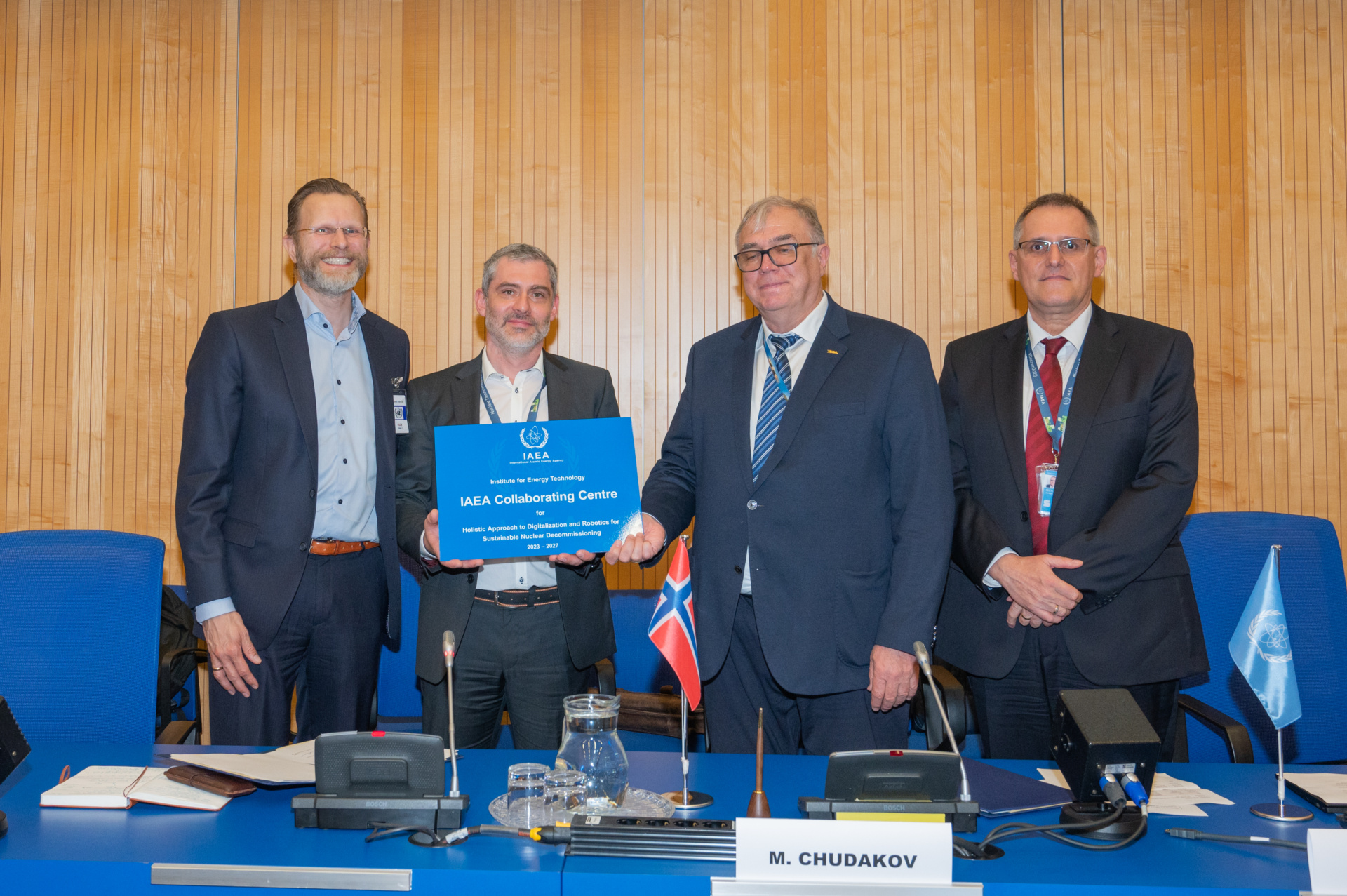A Recognized Leader in Holistic Digitalization and Robotics
IFE has been granted a re-designation as an IAEA (International Atomic Energy Agency) collaborating centre, solidifying our position as a leader in the field of sustainable nuclear decommissioning. The new designation, valid from 2023 to 2027, recognizes IFE’s expertise in implementing a holistic approach to digitalization and robotics for nuclear decommissioning.
Previously, we received our initial designation in 2018, focusing on the digitalization of knowledge management for nuclear decommissioning. This re-designation reflects the institute’s continued commitment to advancing research and innovation in the field. While there are now several centres involved in nuclear back-end activities, IFE was the first to receive such a designation specifically for nuclear decommissioning.
Ceremony at International Conference on Nuclear Decommissioning
The re-designation ceremony took place during the International Conference on Nuclear Decommissioning: Addressing the Past and Ensuring the Future, held from 15 to 19 May 2023. The ceremony was organized as part of the side event called “IAEA Collaborating Centres on Decommissioning” and was attended by all participants of the event.
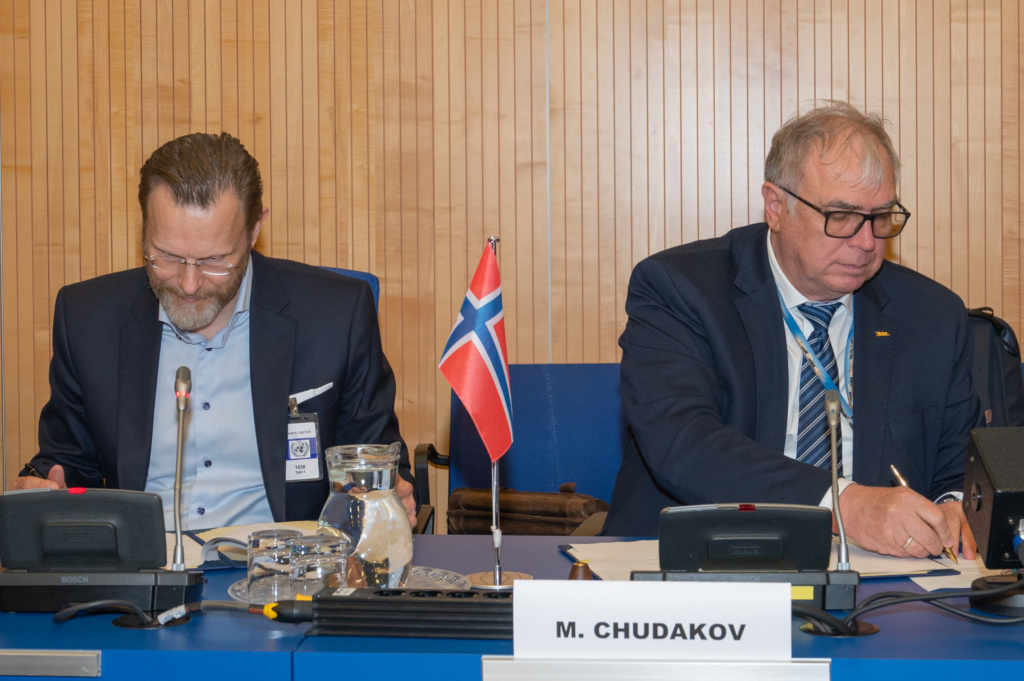
Distinguished Figures and Collaborating Partners
During the ceremony, notable figures such as Mikhail Chudakov, the Deputy Director General and Head of the Department of Nuclear Energy, Vladimir Michal, the Acting Head of Decommissioning and Environmental Remediation Section at IAEA, Henning Hj. Johansen from the Norwegian Mission to the United Nations in Vienna, Tomas Nordlander, Vice President of IFE, István Szőke, the technical lead for IFE’s IAEA designation, Réka Szőke, the administrative lead for IFE’s IAEA designation and project manager for Euratom projects, and Jan Porsmyr, the Project Coordinator for Ukraine and Eurasia.
The IAEA conference witnessed the participation of more than 400 attendees. IFE representatives delivered presentations in various sessions and panels, with István Szőke chairing the session on robotics for decommissioning. Furthermore, IFE showcased its work in nuclear decommissioning and the DECOM Cluster for Decommissioning and Repurposing through a dedicated booth at the conference.
The Norwegian delegation to the ceremony also included Åsmund Bråtekas from Halden Municipality, who co-presented with István Szőke in a panel discussion on stakeholder involvement.
Numerous private sector collaborating partners of IFE, such as Createc (UK), Ingecid (Spain), and Seabury Solutions (Korea), were present at the conference. Additionally, the Norwegian Nuclear Decommissioning (NND) and a large delegation from the Norwegian regulator, DSA, attended the event.
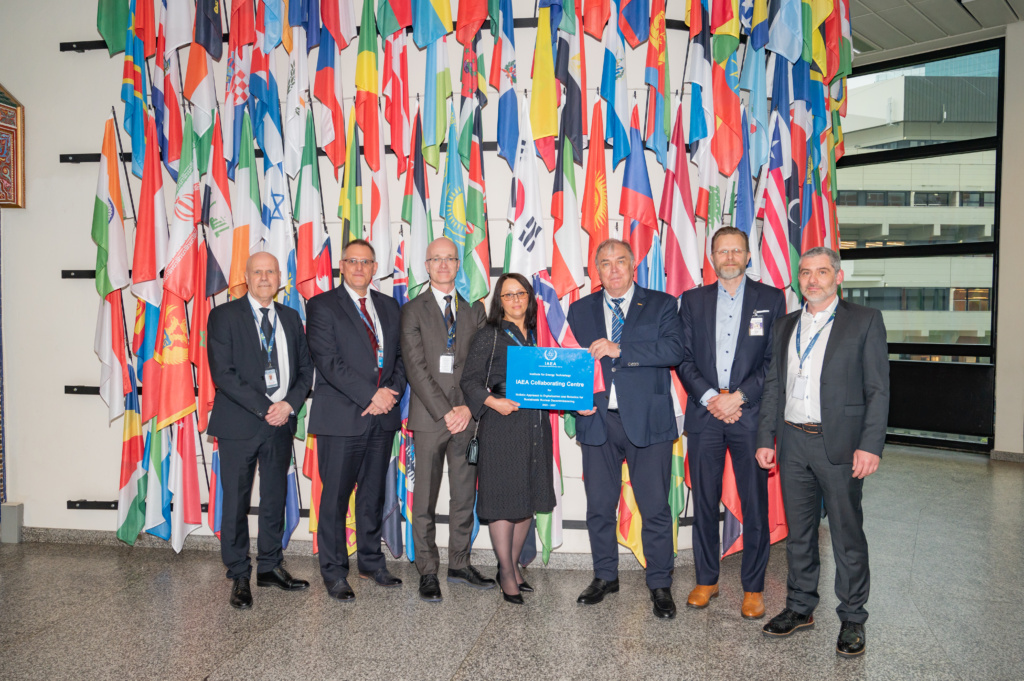
IFE’s Commitment to Non-Profit Research and Global Collaboration
The re-designation of IFE as an IAEA collaborating centre emphasizes its role as a non-profit research organization with a rich history of international collaboration. IFE is well-positioned to facilitate global cooperation and act as an impartial catalyst. Moving forward, IFE will continue to spearhead research initiatives and pilot AI, data, and robotics-based innovative approaches in nuclear decommissioning through its HADRON (Hazard Aware Digitalization and RObotics in Nuclear and other domains) program.
Continuing Efforts in Research, Training, and Business Development
Under the new designation, IFE will also continue to organize DigiDECOM and DigiDECOM Training (following DigiDECOM Community), building upon the success of previous initiatives. Furthermore, IFE has contributed to the development of businesses offering advanced digitalization and robotics-based products and services for nuclear decommissioning, further solidifying its impact in the field.
Putting Halden at the Centre of International Nuclear Decommissioning Research
This re-designation highlights the world-class research conducted by IFE, placing the city of Halden at the forefront of international research in nuclear decommissioning. Leveraging its heritage in OECD HRP research, IFE plays a vital role as a funder of the new DECOM Cluster and will facilitate innovative international research-business collaborations within the Cluster under its new designation.
Related news
-
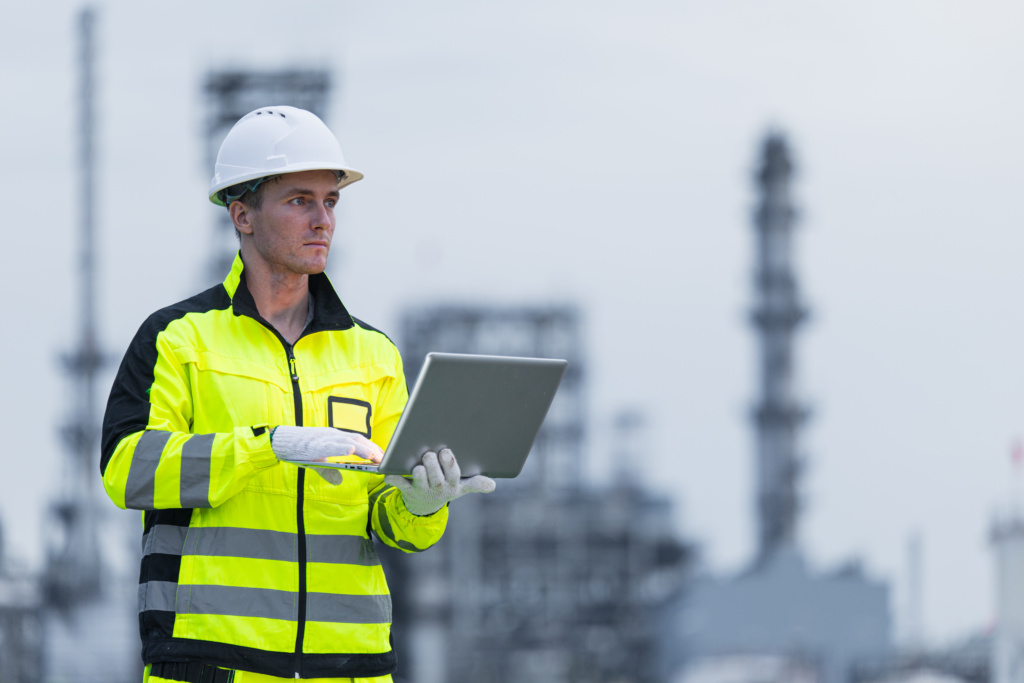
5. January 2026
From Idea to Industry: The Innovation Journey of IFE and Oliasoft
In the world of innovation, the most significant changes often begin with a simple…
-
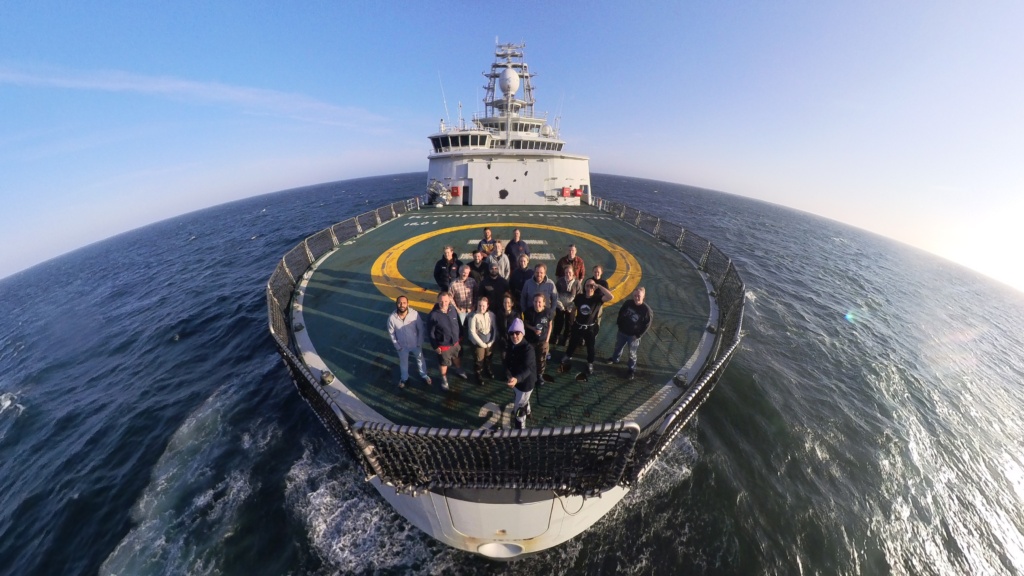
25. November 2025
The WellFate Project Releases New Video on the Challenges of Old Offshore Wells
The Reservoir Department at IFE has published a new video that highlights an important…
